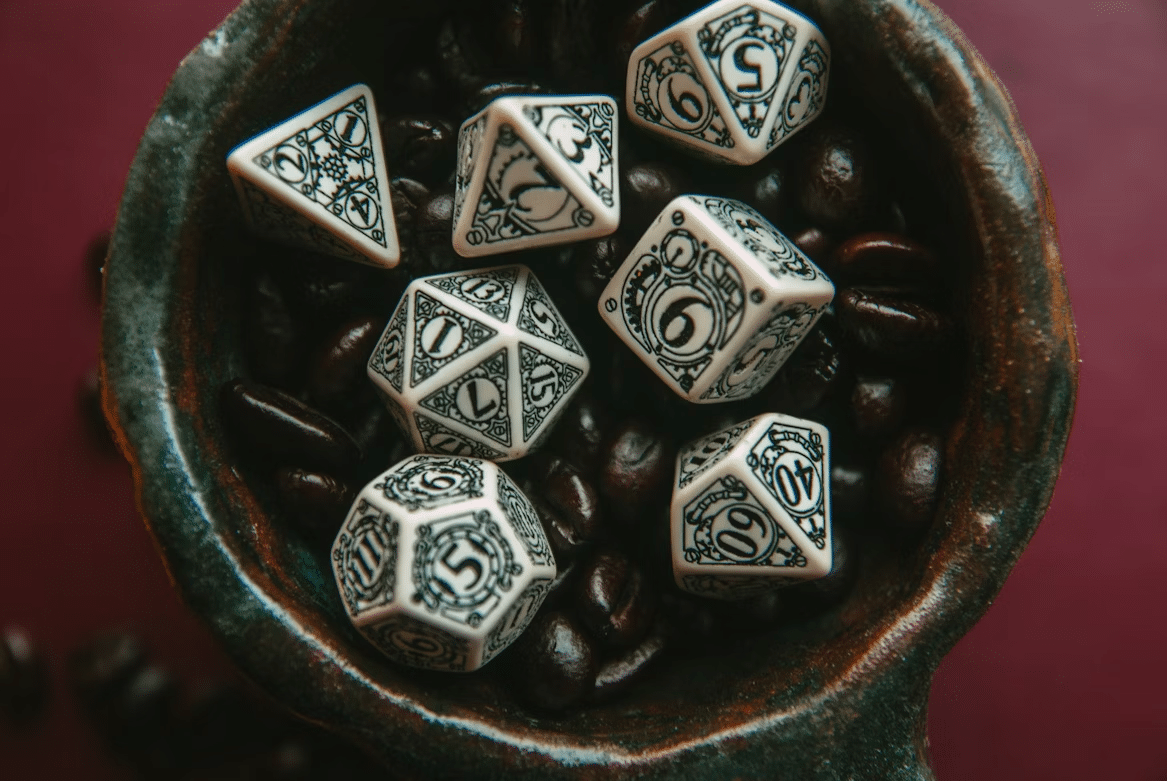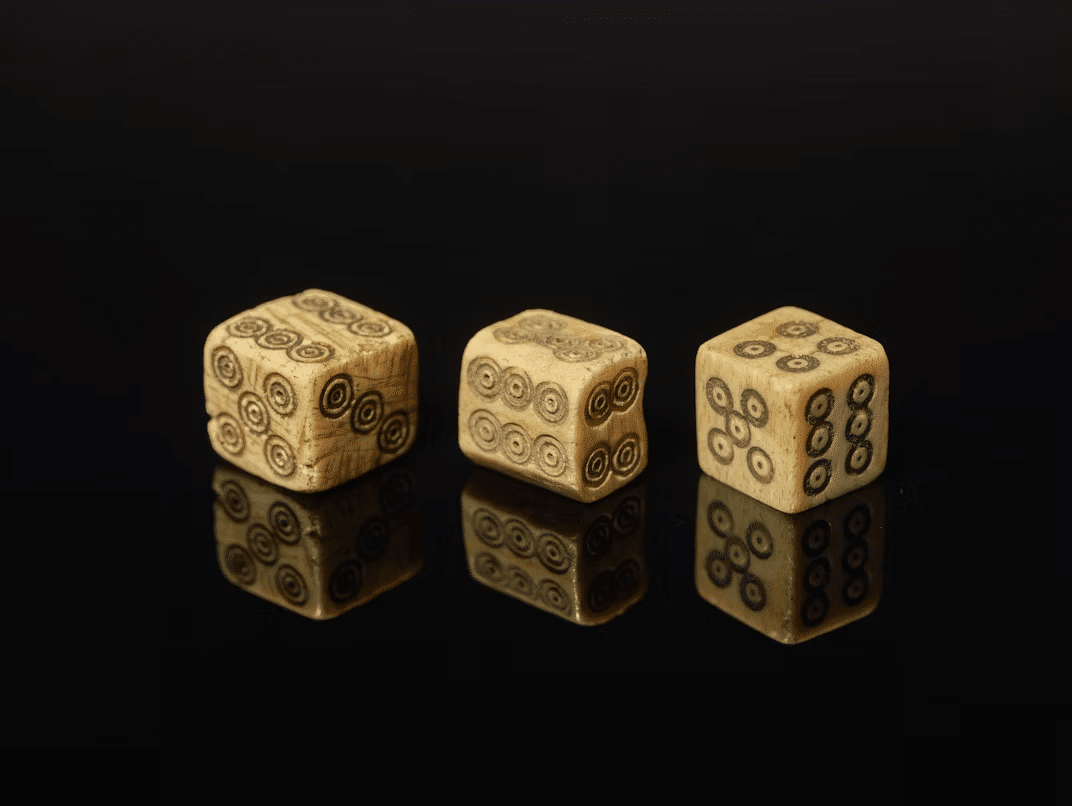Most people imagine Vikings charging into battle, axes swinging, longships slicing across icy seas. That’s fair, but it’s only half the story. In the quieter hours—between raids, farming, or trading—they were people who laughed, argued, and yes, gambled. They didn’t just gamble with their lives on the battlefield. They also gambled with dice, with board games, and sometimes with their pride after a few too many drinks in the mead hall.
It sounds oddly familiar, doesn’t it? That little thrill of risk, the mix of luck and strategy—it’s the same pull that makes someone today reach for a lottery ticket, spin a roulette wheel, or even play baccarat online through platforms like บาคาร่าเว็บตรง. Different tools, same heartbeat of chance.

Vikings Weren’t Just Raiders
We’ve painted them as warriors for so long that it’s easy to forget they were also farmers, traders, and surprisingly skilled craftspeople. And like every society, they needed entertainment. Storytelling by firelight, poetry competitions, wrestling matches—these were all part of daily life.
Games of chance weren’t just distractions. They had a social role. Picture a smoky longhouse in winter, snow piled high outside, the hall lit by flickering torches. A circle of men and women pass carved dice around, teasing each other, arguing over rules, betting trinkets or favors. It wasn’t so different from friends gathered around a table with playing cards today.
Archaeologists have even dug up evidence of this. Dice carved from bone or antler, small gaming pieces tucked into burial sites, even half-finished boards etched into stone surfaces. Clearly, the Vikings liked to keep themselves entertained—and they weren’t afraid to leave their mark in the process.
So, What Exactly Did They Play?
This is where it gets fun. Viking “gaming culture” (if we can call it that) wasn’t limited to one type of pastime. They had a whole mix of skill, strategy, and pure chance.
- Dice games: Simple, quick, unpredictable. Dice were often handmade from bones, wood, or even walrus ivory. Some dice sets look uneven, which makes you wonder—did they notice? Or was that part of the fun?
- Tafl games: Imagine chess, but tilted. One side had fewer pieces but stronger power, while the other had numbers on their side. It was about cunning and strategy, though chance still crept in during setup and gameplay.
- Drinking games: You can’t talk about Vikings without mentioning ale. Drinking contests and chance-based toasts weren’t just entertainment; they were tests of bravado. Who could hold their drink? Who folded early? In a way, even that was a gamble.
Humans everywhere seem drawn to randomness. Ancient Romans had dice too, and Chinese dynasties were experimenting with lottery-style games centuries before Vegas was even a dream. Today the urge shows up online as well, with sites like Vegas Freedom map the iGaming world with reviews and comparisons, a modern guide for anyone curious about how chance plays out on a screen. There’s something universal about letting chance decide an outcome, whether it’s trivial or life-shaping.
Gambling, Honor, and the Norse Sense of Fate
To the Vikings, gambling wasn’t just about fun. It was tied to a worldview where fate (or “wyrd,” as some Germanic traditions called it) was inescapable. Norse mythology tells of the Norns, three figures who spun and cut the threads of destiny. If your fate was already written, then why not toss the dice and see how it played out?
That’s not to say gambling was without stakes. Wagers weren’t always just coins or carved beads. They could be chores, promises, even honor itself. Winning a game in front of peers meant prestige; losing could mean embarrassment. In some sagas, disputes were even settled with games—better to risk luck than spill blood, at least sometimes.
Doesn’t that sound familiar? Think of a family settling an argument over who does the dishes with a quick card game, or friends deciding who pays the bar tab by rolling dice. Different centuries, same instinct: let chance decide.

Fast Forward a Thousand Years
Now swap the mead hall for a casino floor, or even a smartphone screen. The setting has changed dramatically, but the psychology? Not so much. We still chase that adrenaline spike that comes with risk.
Modern casinos package it with neon lights, spinning wheels, and digital sounds engineered to keep us hooked. Online platforms bring it to your couch, your commute, or your lunch break. Whether it’s blackjack, poker, or quick scratch-offs, it’s all about tempting fate while hoping to outwit it.
And yes, people still bring their own rituals—lucky socks, tapping the screen a certain way, saying a quick prayer. The Vikings might have carved runes before rolling dice. Today, someone blows on their dice at the craps table. Same human impulse, just dressed differently.
Digital Age, Ancient Impulse
It’s not just casinos anymore. Chance has crept into esports, fantasy leagues, even mobile games. Loot boxes? That’s basically rolling a digital die, waiting to see what fate delivers.
And while strategy still matters (think poker or tafl’s modern descendants like chess), luck is what keeps it exciting. You never fully control the outcome, and that’s the thrill.
What’s fascinating is how online games—baccarat, for instance—carry this ancient tension between fate and choice into a hyper-modern setting. You’re clicking buttons, watching animations, yet deep down, the excitement is the same as a Viking gripping bone dice under torchlight.
The Thread That Connects Us
Strip away the centuries, the technology, the rituals, and it’s clear: the love of chance is part of being human. It bonds people, stirs emotions, and sometimes even helps settle disputes.
Think of it this way: a Viking rolling dice in a smoky hall wasn’t that different from someone today checking their lottery numbers at the kitchen table. One had fur cloaks and mead horns, the other has smartphones and coffee mugs. Different fires, same feeling.
Wrapping It Up
Games of chance in Viking culture weren’t just entertainment. They were reflections of fate, community, and the human itch for risk. And in modern times, from casinos to apps, the echoes are everywhere.
Maybe that’s why these traditions haven’t faded. Because they remind us that chance is both terrifying and thrilling. It can humble us, reward us, or simply make us laugh at how little control we really have.
In the end, the Vikings remind us of something simple: chance isn’t just risk—it’s the heartbeat of play, then and now.
